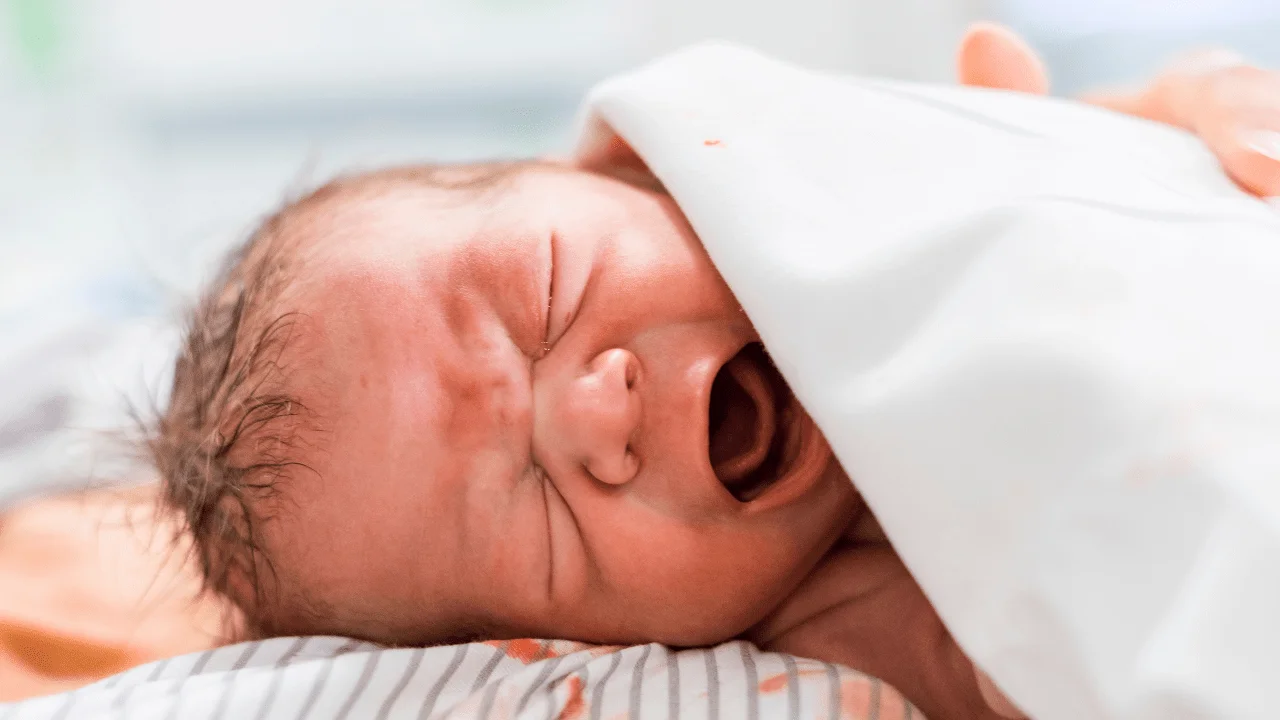
ፉሰስ። ለ newborn, ለመያዝ መፈለግ "ልማድ" አይደለም - ፍላጎት ነው. ከህጻንዎ እይታ አንጻር ለማየት ይሞክሩ፡- ከዘጠኝ ወራት በኋላ በእናንተ ውስጥ ከተቀመጡ በኋላ፣ በትልቅ አልጋ ላይ ብቻዎን በአቅራቢያው ያለ ሞቅ ያለ አካል ብቻ መሆን በጣም አስደንጋጭ ሊሆን ይችላል። ምንም እንኳን እያንዳንዱ ህጻን የተለየ ቢሆንም, ሁሉም ማለት ይቻላል, ወላጅ ገና ነቅተው ሳሉ ካስቀመጣቸው ትንሽ ይበሳጫሉ. አብዛኛዎቹ ለመተኛት "ወላጆች" መሆን አለባቸው - ጡት በማጥባት፣ በጡጦ መመገብ ወይም እስኪወርዱ ድረስ መንቀጥቀጥ አለባቸው።
እግር
በእርግጥ ይህ ማለት እርስዎ ማድረግ አለብዎት ማለት አይደለም በፍጹም ልጅዎ በእርካታ በአልጋው ውስጥ እንዲተኛ መጠበቅ ወይም እራሱን ማረጋጋት እንዲማር ለመርዳት እርምጃዎችን መውሰድ አይችሉም። በአስቸኳይ ከመራቡ በፊት ከእንቅልፍ ሊነቃ ይችላል, እና ለብዙ ደቂቃዎች ትኩረቱን የሚስብ ነገር ይመለከት ይሆናል.
አንድ ጊዜ ጥቂት ወራት ሲሞላው እና እራሱን ለአጭር ጊዜ ማዝናናት ይችላል, ልጅዎ ማድረግ አለበት ጫጫታ እሱን ሲያስቀምጡ ያነሰ. አንድ የከበረ ቀን፣ ብዙ እርዳታ ሳይደረግለት ራሱን ለመተኛት እንኳን ዝግጁ ሊሆን ይችላል። አንዴ ይህ ከሆነ፣ ለመሞከር ሁለት ነገሮች አሉ፡ አንደኛው ነርስ ወይም ማቀፍ እሱ በጣም እስኪተኛ ድረስ እሱን ስታስተኛ መቃወም ለሱ የበለጠ ጥረት ነው በቀላሉ በእንቅልፍ ውስጥ ከመንሸራተት ይልቅ። ሌላው እንደ መወዛወዝ፣ መታጠፍ ወይም መምታት ያሉ - በመያዝ እና በብቸኝነት መካከል ያለውን ክፍተት ለማስተካከል የሚረዳ የግንኙነት አይነት መፈለግ ነው።
ይሁን እንጂ እነዚህ የሽግግር እርምጃዎች መሆናቸውን አስታውስ. ቀስ በቀስ አስወግዷቸው እና በስድስት ወር ውስጥ እንቅልፍ የወሰደውን ነገር ግን አሁንም ንቃተ ህሊና ያለው ህጻንዎን አልጋው ውስጥ አስቀምጡት እና በደስታ, በራሱ ላይ እንዲወድቅ መተው አለብዎት.
ተጨማሪ ያንብቡ


አስተያየት ጨምር